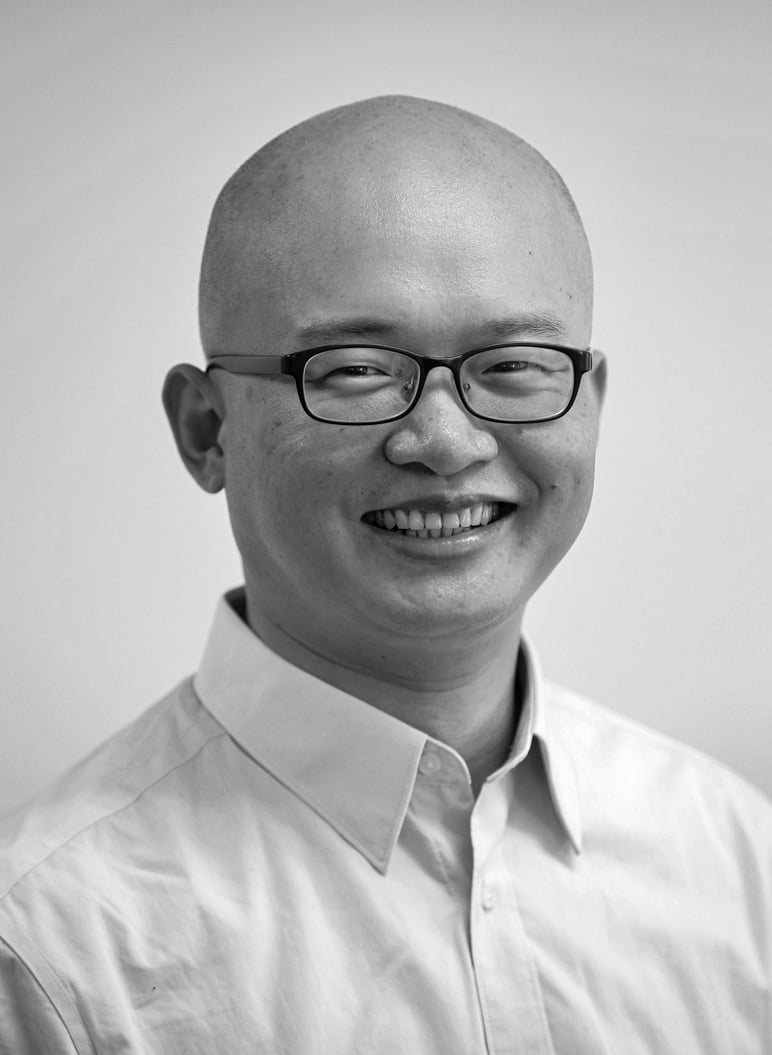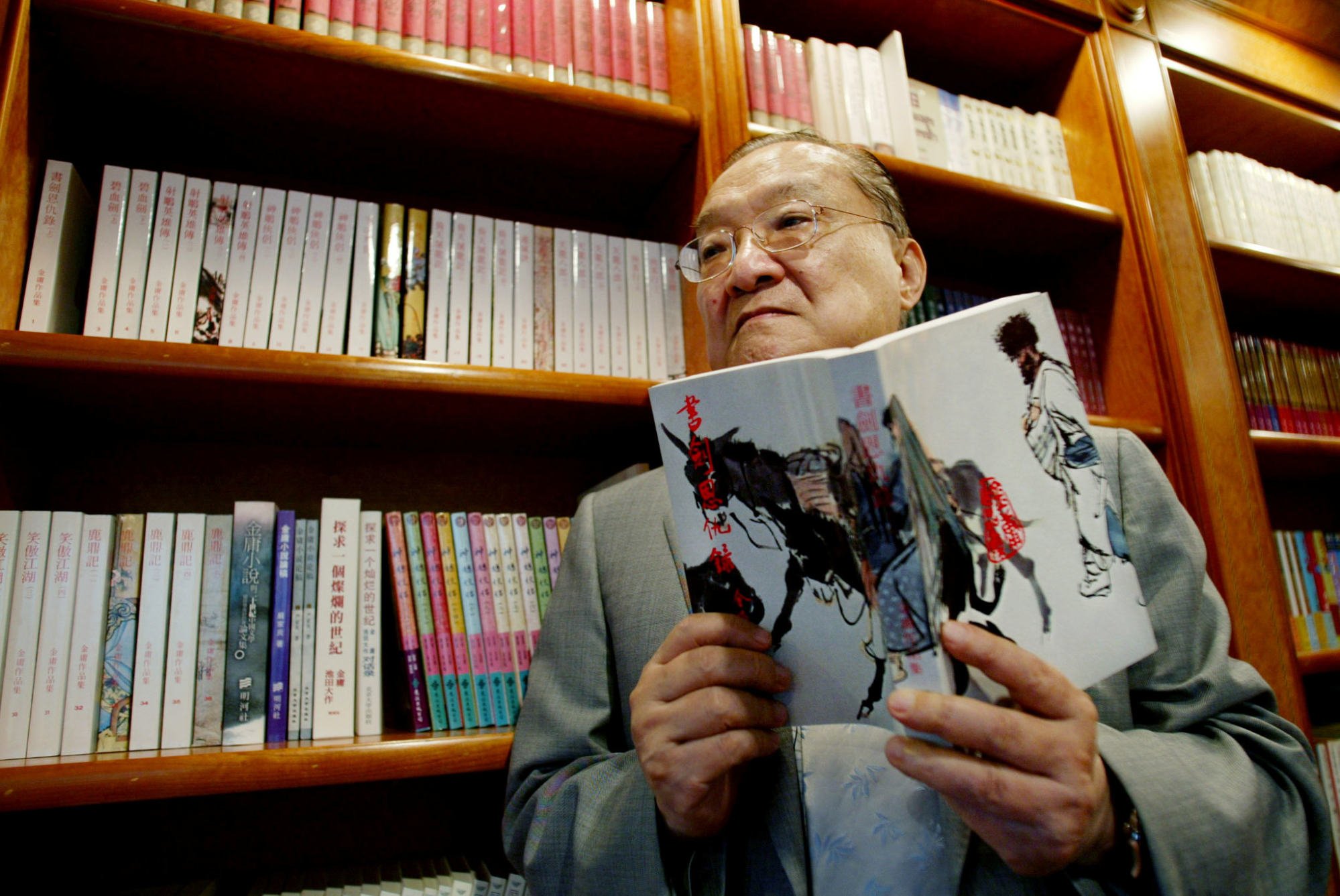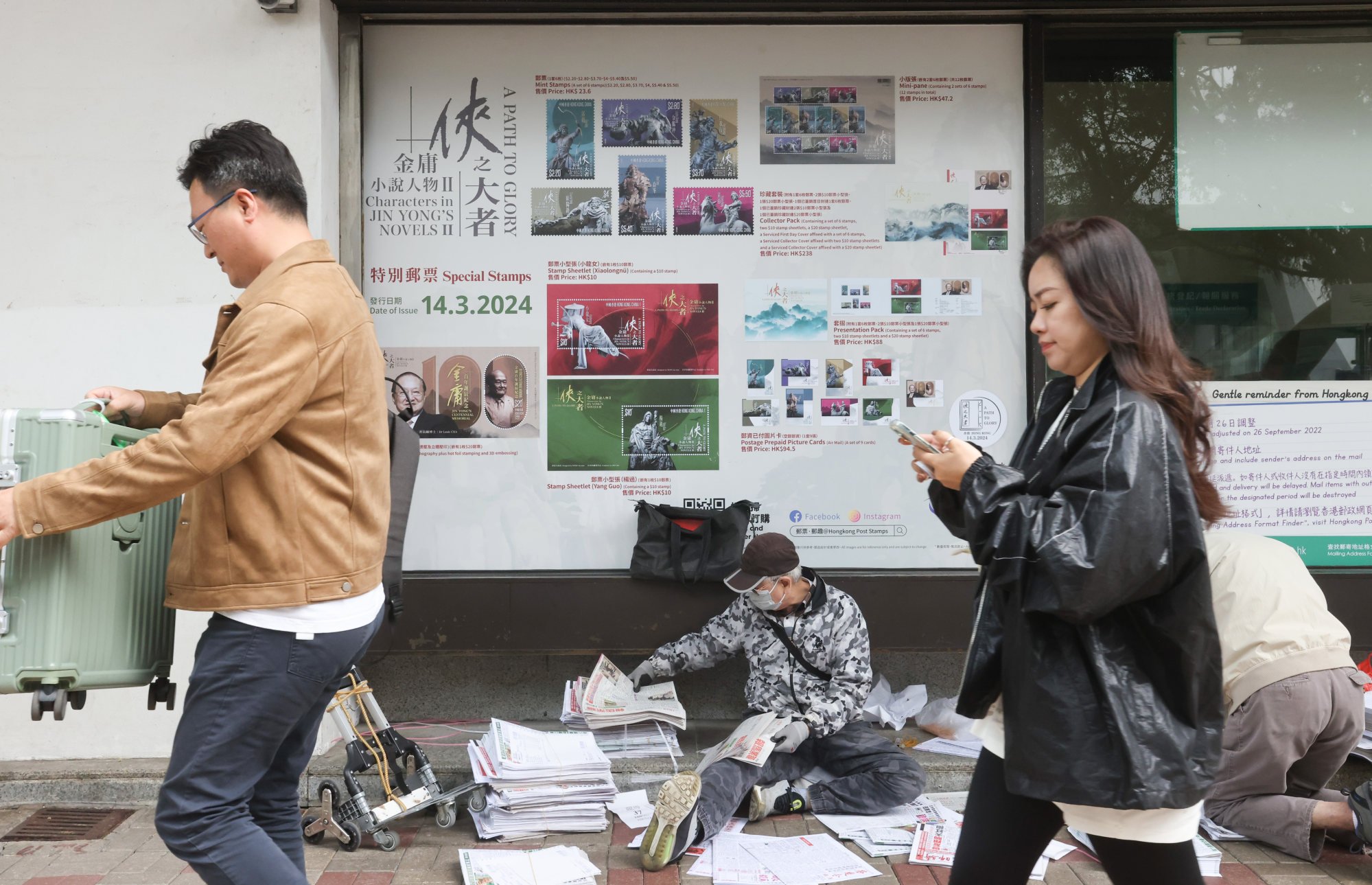
Hong Kong should cherish literary legend Jin Yong and the city’s unique cultural role that allows his works to shine
- Works by Jin Yong, the late martial arts novelist now hailed as a literary giant, were once deemed too vulgar to be circulated in mainland China
- Moving to Hong Kong in the 1940s helped Jin Yong find both literary and business success, and the city should cherish its cultural role
When I first read his novels in the early 1990s as a middle-school student, the genre was still considered “unhealthy” for teenagers. If a Jin Yong novel was spotted in the classroom, the book would be confiscated. But his books had proven irresistibly appealing, and there were always pirated copies around.
I bought my first Jin Yong novel from a news stand in front of a railway station. Printed on the cover were the words The Secret History of Emperor Qianlong – a title that the pirated-book editor apparently thought would be more attractive than the original: The Gratitude and Revenge of the Book and the Sword.
One of my fondest adolescent memories was reading Jin Yong with a battery-powered torchlight after the dormitory lights were off. The Wuxia world – jianghu – offered an escape from reality.

The popularity of Jin Yong novels eventually earned the author official recognition. By the late 1990s, he was regarded as one of the greatest Chinese novelists of the 20th century, mentioned in the same breath as older masters like Lu Xun, Lao She and Mao Dun. Once considered vulgar, Jin Yong’s novels are now part of “must-read” lists for Chinese literature students.
Jin Yong certainly deserves the praise and recognition. His novels, together with the numerous television series, films, video games and music they inspired, have become a cultural phenomenon.
Some of his masterpieces, including The Heaven Sword and Dragon Saber, The Smiling, Proud Wanderer, and The Demi-Gods and Semi-Devils, are on a par with centuries-old Chinese classics such as The Romance of the Three Kingdoms and The Journey to the West.
For Chinese readers, Jin Yong combines the mastery of J.R.R. Tolkien, author of The Lord of the Rings trilogy, J.K. Rowling behind the Harry Potter series, and George R.R. Martin of the epic A Song of Ice and Fire.
But Jin Yong’s works are also essentially Chinese, with stories that are set in transformational moments in Chinese history and within the country’s famous landscapes and ancient cities. The martial art moves described in his books were often sourced from Chinese philosophy and classical texts, making the translation of his works into English a daunting task.
To some extent, Jin Yong novels have become a key piece of the Chinese identity, and a cultural force that binds the Chinese community. It would be rare to find a person who culturally identifies as Chinese and yet has no idea of Jin Yong’s wuxia world.

Hong Kong has all the reasons to be proud of Jin Yong, who spent most of his life in the city. Even though Hong Kong was never mentioned in any of his 15 Wuxia novels, the city has been irreplaceable in nurturing the culture of wuxia and the masters like Jin Yong who kept it alive.
Jin Yong arrived in Hong Kong in the late 1940s, a young man with empty hands. He went on to become an accomplished writer and a newspaper owner. His genius and creativity would have no chance to shine had he stayed in mainland China from the 1950s to 1970s, when his novels were written and published.
His influence might have been much smaller without Hong Kong’s thriving entertainment industry, which turned one man’s imagination into an everlasting cultural and commercial asset.
Hong Kong should cherish its value as a unique cultural spot in the Chinese world by allowing independent ideas and discourses to exist. It is important to erect monuments and host grand reception parties to recognise the glorious past, and it is equally important to maintain the city’s tolerant cultural environment to ensure that works from masters like Jin Yong will continue to have a base to thrive.

